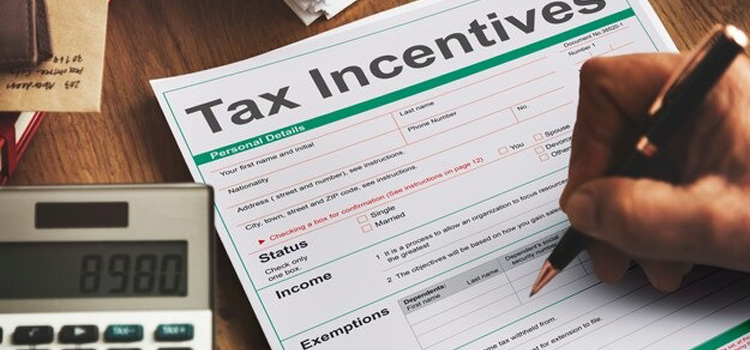Tax-Income Tax Lawyers
Income Tax Laws
Common Questions on Income Tax Laws
- What is Income Tax?
- What are Income Tax Laws?
- Why it is Necessary to pay Income Tax?
- What is the penalty for not paying Income Tax?
What is Income Tax?
Income Tax refers to the tax collected by the central Government for each financial year on the total taxable income of an assesse earned during the previous year. As per Section 2(7) of the Act, Assesse refers to-
- Person liable to pay any tax or any other sum of money
- Every person in respect of whom any proceeding under this act has been taken for the assessment of (1) his income or (2) the loss sustained by him or (3) the amount of refund due to him
- Every person in respect of whom any proceeding has been taken under this act for the assessment of (1) the income of any other person in respect of which he is assessable or (2) the loss sustained by such other person or (3) the refund due to such other person
- A person who is deemed to be an assesse under any provision of this Act.
- A person who is deemed to be an assesse in default under any provisions of this act.
What are Income Tax Laws?
The Income Tax Act 1961 is the law in force in India. The framework of income tax is dependent on two primary things, the determination of the residential statue, and the calculation of the total income which would be inclusive of salary, income from capital gain, income from other sources, etc.
The prescribed method of assessing tax in India is the Slab system. The understanding of the term ‘income’ as per Section 2(24) is exhaustive not inclusive. Hence an illegal income, casual incomes, gifts (subject to certain conditions), etc. are taxable. Casual income refers to the kind of income which lacks the element of foreseeability, it’s an income that is not a portion of the regular income, for example, winning from horse races.
Necessity to pay Income Tax
For our country to move forward and allowing the Government of India to take initiatives for welfare of the countrymen. The Roads, Health Schemes and all other welfare schemes are taken up from the taxpayer’s support. Which benefits all.
Penalty for not paying Income Tax
Unpaid taxes are subject to their own charges. Even if a customer files his / her returns or extension by the 15th of April but fail to pay the money they owe in the same month, a non-payment penalty equal to 0.5% of the due tax will be levied. Similar to a non-filing penalty, a non-payment penalty is also calculated for each month, or parts of the month in which your tax bill remains unpaid. Again, like the non-filing penalty, this penalty can accrue until it hits 25% of the customer’s unpaid tax bill.
Search Result : Expert Income tax Lawyers
Consult Expert Income tax Lawyers in India
Advocate Anik
Advocate Rohit Dalmia
Mumbai suburban










